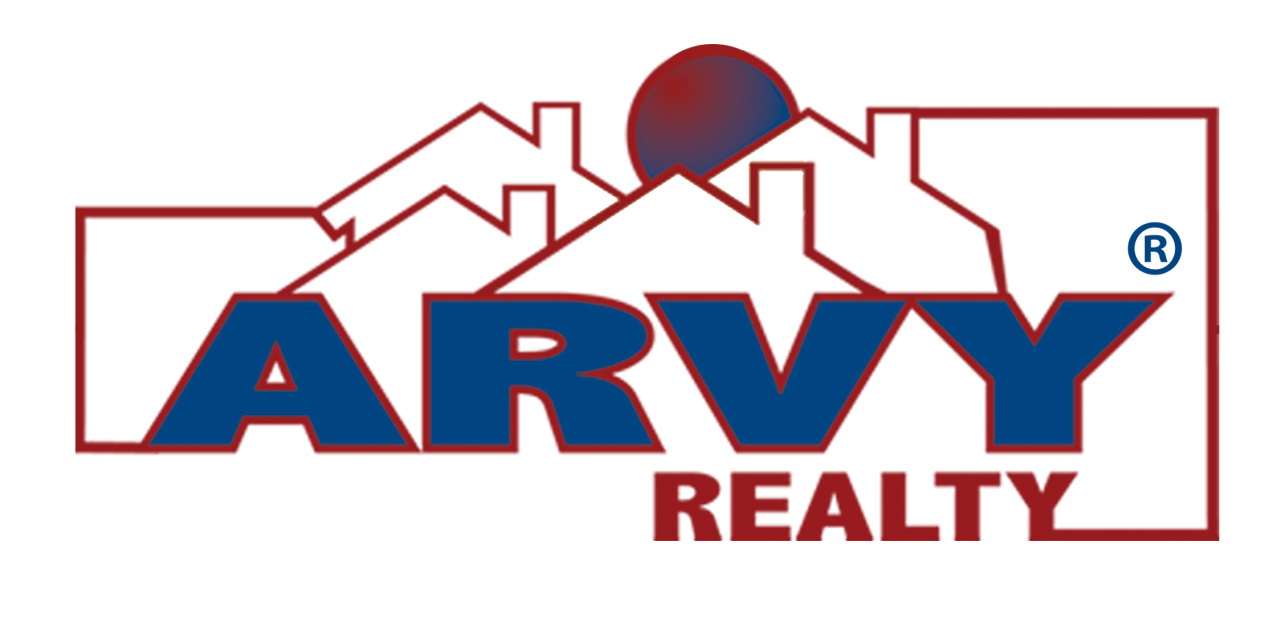
The vast landscape of real estate offers an incredible avenue to amass wealth, even without a significant initial investment. Let’s take a deep dive into the strategies for successfully investing in real estate with little or no money.
Introduction
Investing in real estate doesn’t necessarily mean having to spend hundreds of thousands of dollars upfront. The secret lies in understanding how to leverage other people’s money to fund your investment. This not only frees up your own finances for other opportunities but also presents an attractive way of dipping your toes in the water of real estate investing, particularly for beginners.
The Basics of Investing in Real Estate
Real estate investment involves acquiring properties with the sole aim of generating profit, either through rental income or via appreciation of the property’s market value. However, it’s important to note that real estate investments come with their own set of challenges, primarily due to the limited liquidity relative to other investments and the heavy reliance on cash flow to deem it profitable.
The Power of Leveraging Other People’s Money
Contrary to popular belief, there’s no such thing as no-money-down in real estate. The funds must come from somewhere. The trick is to develop the ability to recognize, understand, and exploit the concept of leveraging other people’s money. This method has been the hallmark of the most successful players in the real estate investing business.
How to Invest in Real Estate with Little or No Money
Here are 10 effective strategies to embark on your real estate investment journey without a hefty initial investment:
1. Seller Financing
Seller financing or purchase money mortgage is an arrangement where the seller provides finances to the buyer, who then pays back the seller based on agreed terms. This method eliminates the need for traditional financial institutions, making it a viable option for buyers who can’t secure a typical loan.
2. Lease Option
Investing through a lease option involves a property owner charging a premium to the buyer in the form of higher rental payments. The excess rental fee is then directed towards the purchase price of the property.
3. Hard Money Lenders
Hard money lenders are private individuals or groups that offer loans for real estate investments. These loans usually have fewer qualification requirements and can be secured quickly.
4. Microloans
Microloans are small loans geared towards startups or newer businesses seeking resources for growth. These loans typically have less strict qualification requirements, making them a good funding option for real estate investments.
5. Real Estate Partnerships
Equity partnerships can be an effective way to invest in real estate if the property’s price tag is out of range. An equity partner is someone you bring into a transaction to help finance a property.
6. Home Equity Loans
If you’re a homeowner, home equity loans can serve as a viable source of funds for your second real estate investment. Banks and other financial institutions offer products that allow buyers to capitalize on the equity they already have in their homes.
7. Trade Houses
Trading houses is yet another way of acquiring new property. By swapping an old property for a new one, you can avoid the capital gains associated with selling a property.
8. USDA Loans
USDA loans are zero-down-payment mortgages provided by the U.S. Department of Agriculture’s Rural Development office to promote habitation in underpopulated areas.
9. SBA Loans
The Small Business Administration (SBA) collaborates with lenders to provide loans to small businesses. SBA 504 loans are particularly useful for purchasing commercial real estate.
10. Real Estate Investment Trusts (REITs)
REITs are trusts that allow individuals to invest in portfolios of large-scale properties the same way they invest in other industries – through the purchase of stocks.
Conclusion
Investing in real estate is a proven path to building wealth. While it may not always yield the same returns as peak stock market investments, the risk is substantially lower. A well-executed real estate investment can generate a steady passive income and can appreciate substantially over time, making it a valuable addition to your wealth-building strategy.
However, it’s crucial to do your homework before venturing into real estate. Choose a real estate professional or counselor who is knowledgeable about market conditions, consumer attitudes, and other critical factors affecting your specific market area. With proper research and guidance, you can navigate the world of real estate investing and achieve financial freedom.
“Investing in real estate is an ever-evolving industry. Real estate is said to be one of the best investments that an individual can make.” – BiggerPockets
Remember: Purchasing an investment property requires careful planning and budgeting. Not all deals are solid investments. Keep your expectations realistic, and always make informed decisions. And as always, seek the help of a real estate investment counselor to minimize risk and maximize profitability.
References:
Disclaimer: This article is intended to educate investors keen on investing in real estate with little or no money. It is always recommended to do your research before making any investment decisions.




